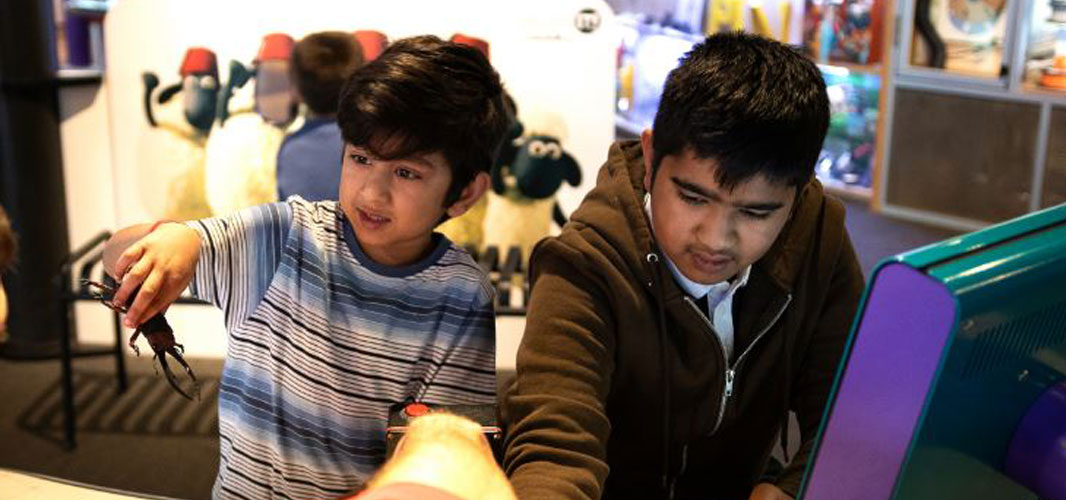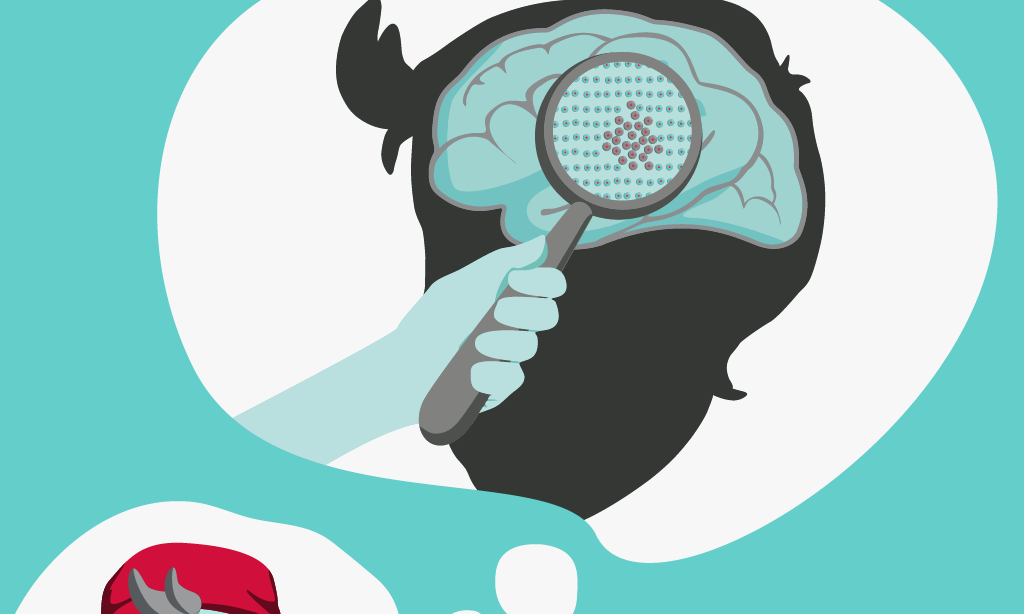Helping a child to feel less isolated
Following a brain tumour diagnosis, many children will need time off school due to treatment, follow-up scans and other appointments, and sometimes because they feel unwell from side-effects, such as fatigue. As well as missing school work, they may miss out on school social events or feel left out from the general gossip which could make them feel isolated.
As isolation is one of the biggest challenges a child with a brain tumour can face, it’s really important that if a child isn’t in school, for any period of time, they’re not forgotten about.

Here we’ve put together some ideas, practical tips and advice on ways to avoid isolation and make sure the child still feels included.
Teachers, how can you help a child to feel less isolated?
- Continue to call out the child’s name when doing the register. This will be a reminder to their classmates that they are still a member of the class
- Check with parents whether they want to continue receiving the regular, standard school emails and letters while the child is off
- If any siblings are at the school, make sure they have a trusted member of staff they can talk to. Make sure their class teacher is kept up to date about significant things going on for the family and understand more about how best to support a sibling affected by a brain tumour diagnosis
- Talk to the class about what’s going on (with the family’s permission) and how they can help (see below).
How can the class help to prevent a child feeling isolated?
- Get your class together to make videos or take photos to send to the child. You could film a variety of things, including: important events at school, ‘just wanting to say hi’ videos and key learning moments. This will let the child know they are thinking of them and help them to feel less isolated.
When my son was diagnosed at age nine, it was a shock to everyone and he had a day and a half or two days in the hospital before brain surgery and I let his teacher at school know. They let the kids make cards for Ben and some kids wanted to make little videos for him saying, “Get well soon.”
Anastasia, mum of Ben (10) who was diagnosed with multiple brain tumours in 2018
- Establish a buddy system. This could be a small group of friends who may already see the child outside of school. With the family’s permission, they can visit, deliver messages and give any updates. This would need regular reviews and support for those involved.
- As part of an activity, you could encourage the class to think about other ways they could help the child feel less isolated.
- Continue inviting the child to activities. Help classmates to phrase the invites so they acknowledge the child’s situation and that they’re aware they may not be up to attending, e.g. “if you’re not too tired, we’d love you to……”
- Send cards and letters to let the child know you’re all thinking of them.
The headteacher came to visit us at home with a bunch of presents and a card from all the kids in her class too.
Anja, mum of Madina who was diagnosed with a brain tumour at nine years old
- Send emails, texts and use social media to keep in touch.
- Remind the class that they may not always get a reply from the child, but this doesn’t mean that it hasn’t put a smile on their face!
REMEMBER: Although it’s important to avoid isolation, you will probably need to give the class some guidance about the appropriate levels of contact with the child. This should be done after discussions with the child and their parents. You may need to need to give advice about quantity of contact, especially on social media, as it would probably take place outside of the school setting.
Support and Information Services
Research & Clinical Trials Information
You can also join our active online community.
In this section

Supporting you
Our Children & Families team offers support to children, young people and families affected by a brain tumour diagnosis. We’re here to help with any information you might need, answer your questions, listen and provide support.
